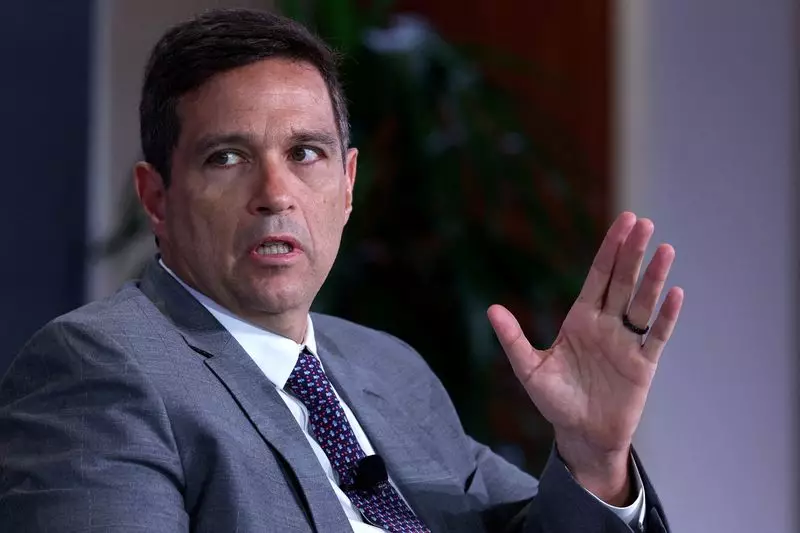The Brazilian real has seen a rapid decline in its value in recent times, with the currency depreciating by almost 12% against the U.S. dollar this year. Central bank chief Roberto Campos Neto attributes this accelerated weakening to Brazil-specific factors and heightened risk perceptions in the economy. Despite this significant devaluation, Campos Neto mentioned that the central bank refrained from intervening in the foreign exchange market due to the absence of any observed dysfunctions.
Campos Neto highlighted that the central bank’s current strategy focuses on combating inflation through a potential interest rate hike. This firm messaging from the central bank has provided some relief to the Brazilian real in recent weeks. The chief noted that the disinflation process has had minimal impact on economic activity, which has consistently outperformed expectations. However, he warned that continued efforts are necessary as disinflation has slowed, and inflation expectations have moved further away from the official 3% target.
When questioned about the central bank’s lack of intervention in the exchange rate market, Campos Neto explained that the currency is left to float freely to absorb shocks and prevent distortions in relative prices that could lead to resource misallocation. He stressed that interventions are only considered when there are clear dysfunctions in the market, which have not been evident recently. Despite this hands-off approach, Campos Neto assured lawmakers that the central bank holds significant foreign exchange reserves and is prepared to intervene if necessary.
Campos Neto also mentioned that Gabriel Galipolo, the central bank’s monetary policy director, oversees the foreign exchange market and was appointed to the role by the government. Galipolo is widely speculated to be the leading candidate to succeed Campos Neto as the head of the central bank when his term ends later this year. The chief reiterated that any decision regarding interventions in the exchange rate market is a collective one made by the monetary authority based on the prevailing economic conditions.
The Brazilian real’s recent depreciation has been fueled by internal and external factors, prompting the central bank to consider potential measures to stabilize the currency and control inflation. Campos Neto’s transparent approach to monetary policy and exchange rate interventions reflects a cautious strategy to ensure economic stability amidst challenging times.

